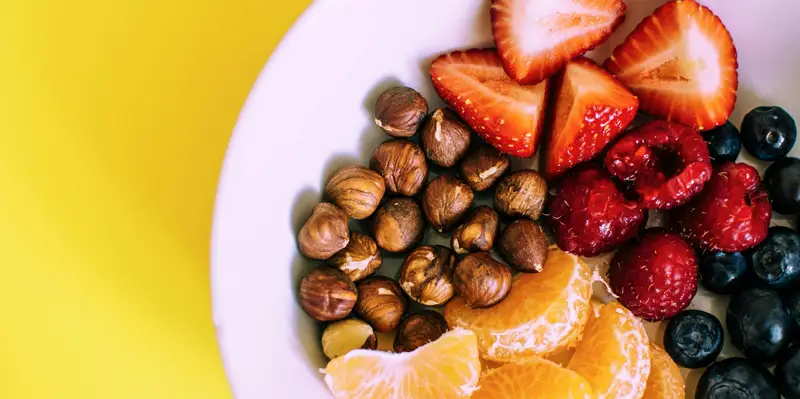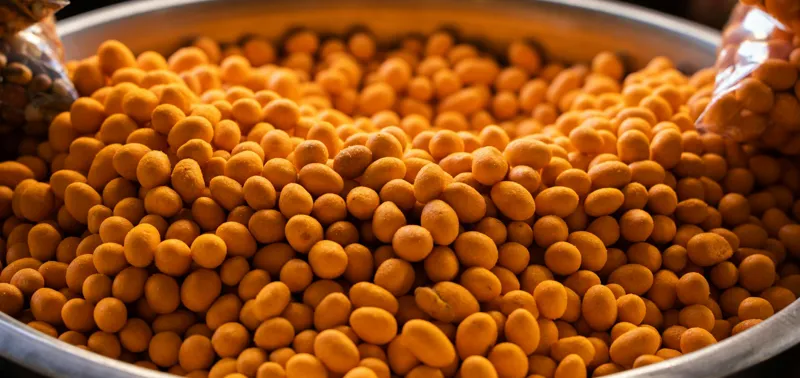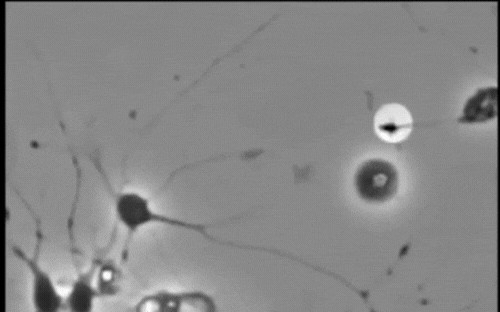
Sep 7, 2024 | Desserts, Diet Tips, Exercise, Fiber, In the Media, Legumes, Nutrition, Protein, Science, Snacking, Weight Loss
Summary: Want to Lose Weight? What You Need to Know about Eating and Exercise Dr. Roberts wrote a feature article for the magazine Scientific American that discusses key learnings from her research. We know you’re busy (and the article is subscriber-only) so here are...

Sep 1, 2024 | Carbs, Diet Tips, Fiber, Legumes, Nutrition, Protein, Research, Snacking, Weight Loss
What is balanced eating, and can it help with weight control? Balanced eating refers to a dietary approach that ensures you are consuming a variety of foods in the right proportions to meet your nutritional needs. The goal is to provide your body with all the...

Aug 21, 2024 | Desserts, Diet Tips, Fiber, Legumes, Nutrition, Protein, Snacking, Weight Loss
What are the best foods for weight management? According to iDiet According to iDiet and Dr Susan Roberts, what are the best foods for weight management? The iDiet emphasizes foods that are high in fiber and protein, and low-glycemic foods to help manage weight...

Aug 18, 2024 | Diet Tips, Fiber, GLP-1, insoluble fiber, Medications, Nutrition, Protein, Public Health, Science, Semaglutide, Weight Loss
Weight Loss Without Ozempic: Effective Strategies for Achieving Your Goals Unless you’ve just returned from Mars, you likely know that Ozempic has gained massive attention as a weight loss aid for its ability to regulate blood sugar levels, curb appetite, and produce...

Jun 9, 2024 | Carbs, Diet Tips, Fiber, insoluble fiber, Legumes, Nutrition, Protein, Research, Science, Weight Loss
Harnessing the Power of Fiber and Protein for Effective Weight Loss In your search for effective weight management, dietary fiber and protein are a dynamic duo of nutrients. Together, they not only aid in digestion and muscle maintenance but also play a crucial role...

Feb 4, 2024 | Cardiovascular Health, Diet Tips, Nutrition, Research, Science, Weight Loss
Nourishing the Brain and Body Video clip of neurons connecting — courtesy Dr. Caroline Leaf, a cognitive neurologist. The Science of Eating for Cognitive Health This is an age of articles about optimizing everything. And while optimizing your calendar or your cable...








 Yes! I want to receive a 38-page cookbook, and be informed of upcoming classes. No obligation, instant download.
Yes! I want to receive a 38-page cookbook, and be informed of upcoming classes. No obligation, instant download. 